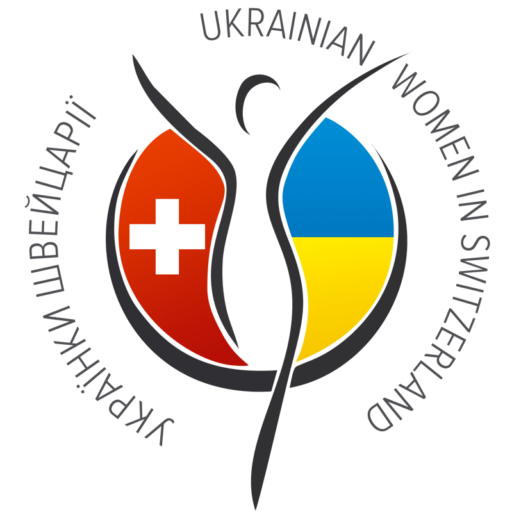Statement on mass atrocities and human rights abuses committed by the Russian army in Ukraine
July 5, 2022
On 5 July, at the interactive dialogue on the human rights situation in Ukraine at the UN Human Rights Council in Geneva, Dr Kateryna Bondar presented the statement on behalf of WFUWO, highlighting mass atrocities and human rights abuses committed by the Russian army in Ukraine and calling to mobilise international pressure on Russia to cease practices of enforced disappearance, deportation, torture, share names and whereabouts of detained persons, provide access of monitoring missions to places of detention and free detained persons:
Russia’s deliberate attacks on the shopping mall in Kremenchuk and a residential building and resort near Odessa, — following the shelling of hospitals, schools, theatres, train stations and the destruction of whole cities, — once again show Russia’s complete disregard for the right to life.
Women and children have been disproportionately affected, with millions of displaced women and children, a high number of reported rapes, more than 300 innocent children killed and more than 600 injured by the Russian army.
More than one million Ukrainians, including over 200,000 Ukrainian children, have been forcibly deported to occupied Donbas or to the Russian Federation. We are extremely concerned by the depopulation and ethnic cleansing of occupied regions through forced evacuation, deportation and filtration resulting in human rights abuses, detentions and disappearances, especially of those deemed pro-Ukrainian or pro-European. The occupied areas are subjected to an alarming de-Ukrainization policy.
Thousands of Ukrainian civilians from different Ukrainian regions have been abducted by the Russian army, some of them taken as hostages, to increase “exchange fund” for Russian prisoners of war.
We urge the international community to put pressure on the Russian Federation to stop the practice of enforced disappearance, deportation, torture and inhuman treatment of prisoners of war and abducted civilians, share names and whereabouts of detained persons, provide access of monitoring missions to places of detention and facilitate exchanges.


